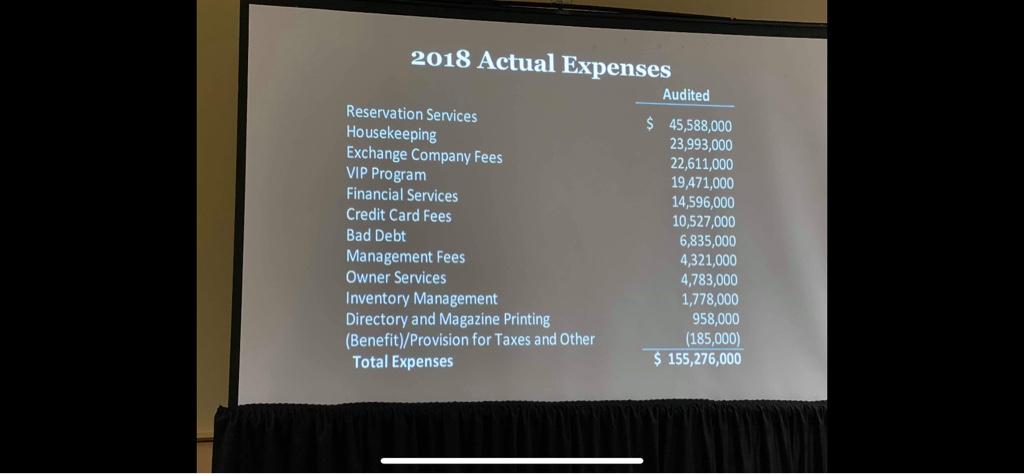SNA27
TUG Member
- Joined
- Nov 27, 2019
- Messages
- 815
- Reaction score
- 520
- Location
- Rancho Cucamonga CA
- Resorts Owned
- Grand Desert - Flagstaff - Waikiki-Beachwalk+2PICs - Bonnet-Creek - Smoky-Mountains - NO CWA/NO RESALE
@Grammarhero, I have a question relating to interest rates.
I can understand CC companies charging a high interest rate, after all they are unsecured loans.
Auto companies keep interest rates low to be able to sell cars.
Real Estate loans are secured by real property and the market being so large, low interest rates are the norm.
TS is also real property and the mortgages thereon are secured by real property.
So, are there any laws preventing TS companies like Wyndham from charging such usurious rates of 15% even for customers with best credit? Aren't there usury laws in every state?
I know Wyndham makes a big chunk from the financing operations but don't such high rates increase the default rate? I know it's % game but still, it seems to be self-defeating.
Wouldn't a 6% or lower rate be in line with home mortgage rates? What risk justifies such high rates?
Won't those rates have to come down if people refuse to buy at those rates? Why don't people walk out as soon as a 15% or higher rate is mentioned? I bet they carefully hide such things or at least not draw attention to it.
But, QC is supposed to go over the loan disclosure document line by line and explain every number on it. Is that too late by that point and people are mesmerized into signing in a rote fashion like zombies?
I can understand CC companies charging a high interest rate, after all they are unsecured loans.
Auto companies keep interest rates low to be able to sell cars.
Real Estate loans are secured by real property and the market being so large, low interest rates are the norm.
TS is also real property and the mortgages thereon are secured by real property.
So, are there any laws preventing TS companies like Wyndham from charging such usurious rates of 15% even for customers with best credit? Aren't there usury laws in every state?
I know Wyndham makes a big chunk from the financing operations but don't such high rates increase the default rate? I know it's % game but still, it seems to be self-defeating.
Wouldn't a 6% or lower rate be in line with home mortgage rates? What risk justifies such high rates?
Won't those rates have to come down if people refuse to buy at those rates? Why don't people walk out as soon as a 15% or higher rate is mentioned? I bet they carefully hide such things or at least not draw attention to it.
But, QC is supposed to go over the loan disclosure document line by line and explain every number on it. Is that too late by that point and people are mesmerized into signing in a rote fashion like zombies?
Last edited:


